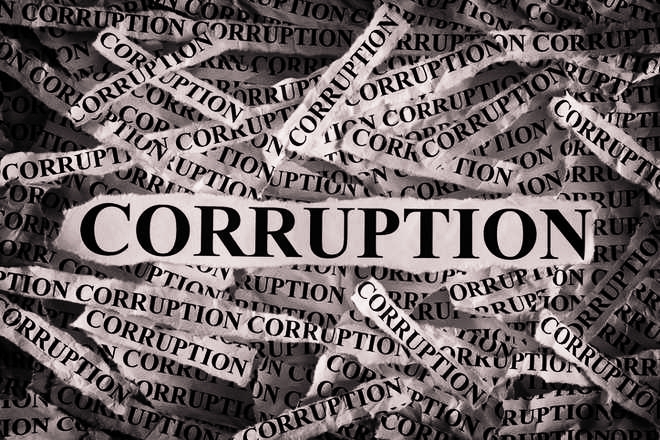Mode of Citation: MLA
According to the Commission’s circular No.07/11/2014 dated 25.11.2014; no action should be taken on anonymous/pseudonymous complaints and such complaints should be filed.
Anonymous complaints are those grievances which don't convey the name and address of the complainant. Pseudonymous complaints convey obscure charges and now and at times fractional data of the complainant.
There is no compelling reason to make a move on unknown or pseudonymous grievances claiming debasement by government representatives, as per an order given to the Personnel Ministry to all focal government offices. It said such objections "should be just filed".
The alternative to report namelessly allows representatives to feel less powerless or vulnerable. In the event that you don't permit mysterious whistleblowing on your hotline, you may never find out about issues tormenting your association. Namelessness assists with bringing down the restraint edge for informants. When in doubt, it is the solitary time that a worker should make a report and there is obviously a great deal of vulnerability. They may fear backlashes, so standing up is a truly valiant advance to take. It tells individuals that tending to an issue is a higher priority than recognizing somebody.
Secondly, I realize that you will basically get more reports in the event that you offer the opportunity to do it namelessly. It gives the complainant an opportunity to blow the whistle without fearing the backlash or getting fired.
Furthermore, allowing unknown announcing supports inner goals. It’s better for the organization. In the event that an informant fears counter and backlashes, it makes sense that they are less inclined to report. The organization at that point misses out on possibly urgent data and any harm can be essentially more prominent for the organization. Permitting mysterious detailing separates hindrances, empowers the vastest number of individuals to approach, and along these lines offers organizations the best level of assurance from the hazard.
By permitting them to venture out their excursion in complete certainty, they had the option to see the incentive in making a report, felt engaged to make the following stride, and approach.
Regardless of whether it is unintentional, it is conceivable that your representatives may not feel great voicing their objections inspired by a paranoid fear of being rebuffed. It's just regular for more junior workers to be a little reluctant with regards to pouring light onto the misdoings of their supervisors.
Activities taken in light of reports, I feel, should be evenhanded, reliable and guided by strategy. While regarding the privileges, everything being equal, to severe secrecy and fair treatment, nobody ought to be had with the feeling that the association 'fails to address these things.'
The organization must not dismiss the complaints just because it is difficult to investigate because of the anonymity. Also assuming the complaint to be valid or invalid must not be done.
HR offices assume a significant job in keeping representatives spurred and encouraging a supporting organization culture, so it's your work as a HR expert to keep your staff drew in, glad, and beneficial, and unknown whistleblowing is one of the approaches to achieve every one of the three errands.
Despite the fact that the assortment of mysterious remarks is intended to shield the personality of those giving proposals, doing so isn't generally conceivable. Contingent upon the size of your office or the extent of your review, workers will once in a while must choose the option to give themselves away.
HR master Michael Carden claims ''There's nothing of the sort as unknown.'' In his contention, Carden claims that excessively explicit input or information on specific subjects will part with the character of representatives, implying that workers can either give fair and precise criticism at the expense of uncovering themselves, or ensure their secrecy by offering more obscure reactions. As Carden puts it, ''Unless you are happy to exchange out some criticism exactness, you can't actually ensure namelessness in any case.''
Mysterious input is a hodgepodge with regards to points of interest and hindrances. While it offers a set up methods for giving a voice to hesitant workers, it has a propensity for delivering remarks that are not as exact.
No two organizations are the equivalent, so it's dependent upon your better judgment to decide whether this would be a solid match for your specific office.
Citation
Government of India; “Action on Anonymous/Pseudonymous Complaints”; Circular Number- 98/DSP/09; issued on 3 March, 2016.

